Experience the power of Colombian Cocaine – the world’s premier source of premium-grade cocaine. This pure, unadulterated cocaine is sourced directly from the jungles and mountains of Colombia, where it’s been produced for generations. Colombian Cocaine provides an intense, powerful high that’s perfect for those looking to get the most out of their recreational experience. Whether it’s snorting, smoking, or injecting, Colombian Cocaine always delivers a potent and long-lasting effect. Get the real deal with Colombian Cocaine; the best cocaine on the market.
The area planted with coca bushes in Colombia reached a record high last year, an annual UN report says.
The United Nations Office on Drugs and Crime (UNODC) said that potential coca production had risen by 24% since 2021.
Coca leaves are the key ingredient in cocaine and Colombia has long been the top producer of the illegal drug.
The area planted with coca bushes rose by 13%, and the biggest increase was recorded in Colombia’s border areas.
Almost two-thirds of the coca crops are found in the provinces of Nariño and Putumayo, which border Ecuador, and in Norte de Santander, on the Venezuelan border.
There has been a 77% rise in in coca cultivation in Putumayo, which shares a border with Peru and Ecuador.
Candice Welsch, UNODC’s regional director, said that it was “worrying that each year there is an increase in coca crops in the country”.
Colombian Justice Minister Néstor Osuna said that his country was “flattening the curve” and that the rate of increase was much lower than in 2021.
The UNODC’s Leonardo Correa however warned that there had been a sharp rise in potential coca production in 2022.
“The crops that were young last year have now reached maturity and are now productive. In other words, the rate of growth in hectares is decreasing. But the rate of cocaine production is increasing,” he said.
Both the size of the area planted with coca in Colombia and the potential coca production are at their highest since the UN began monitoring in 2001.
Colombia is the top coca cultivator in the world, producing 60% of the world’s cocaine, followed by Peru and Bolivia.
President Gustavo Petro on Saturday appealed to his regional counterparts to turn away from a militarized approach to fighting drug use and instead see it as a public health issue.
“It is time to rebuild hope and not repeat the bloody and ferocious wars, the ill-named ‘war on drugs’, viewing drugs as a military problem and not as a health problem for society,” he said at the Latin American and Caribbean Conference on Drugs in Cali.

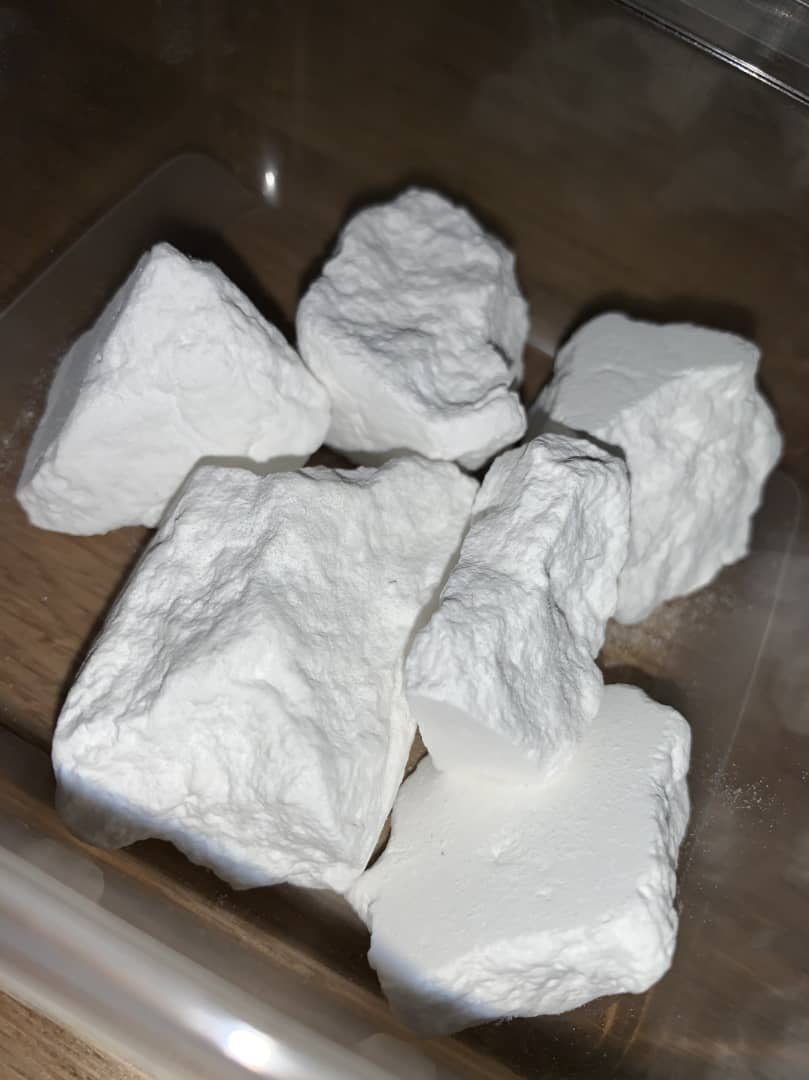
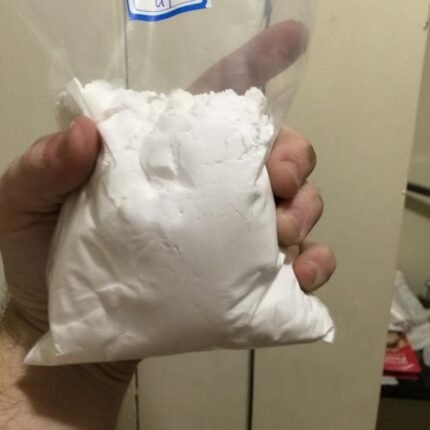
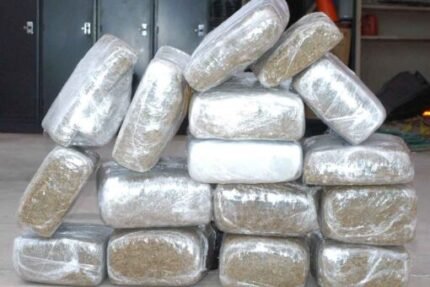

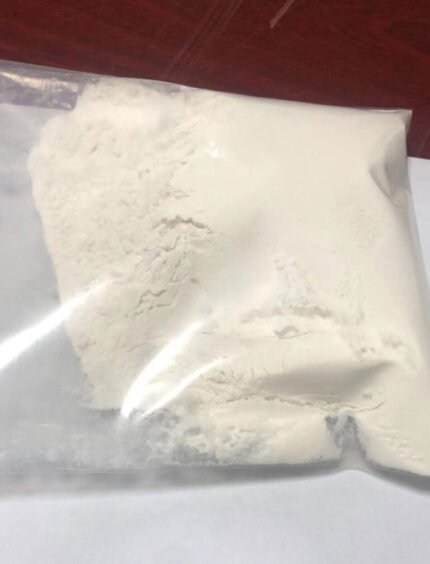
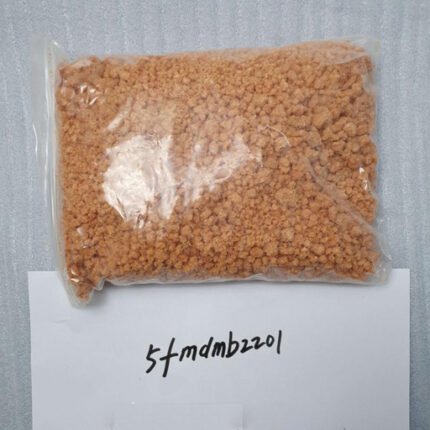
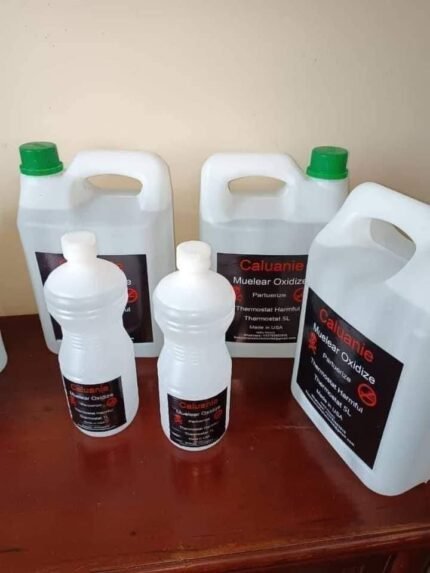
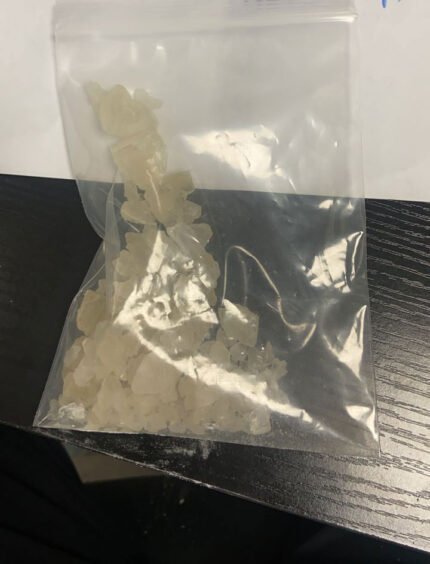
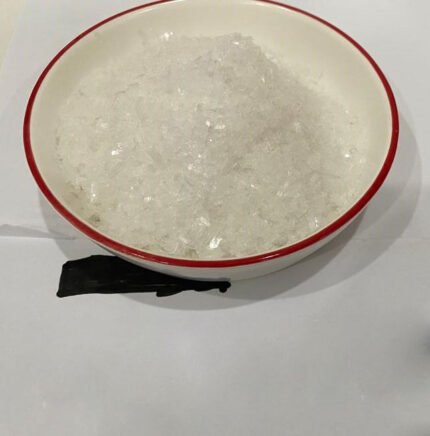
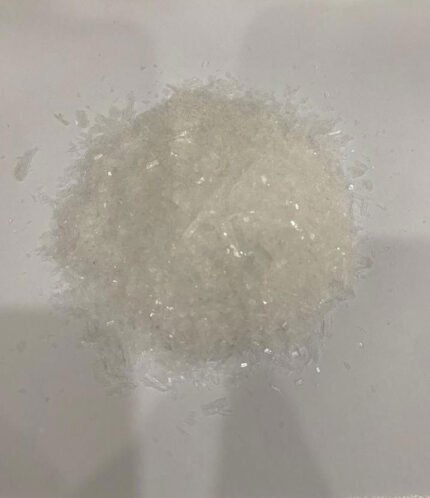
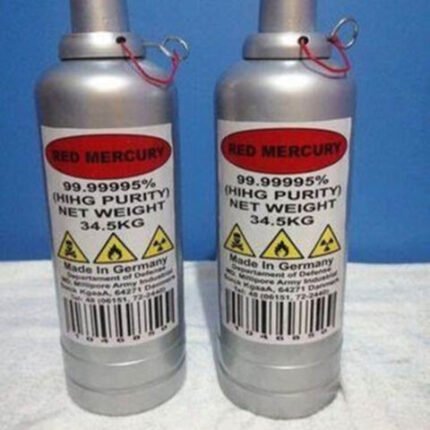
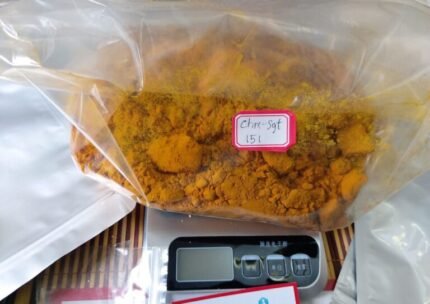
Reviews
There are no reviews yet.